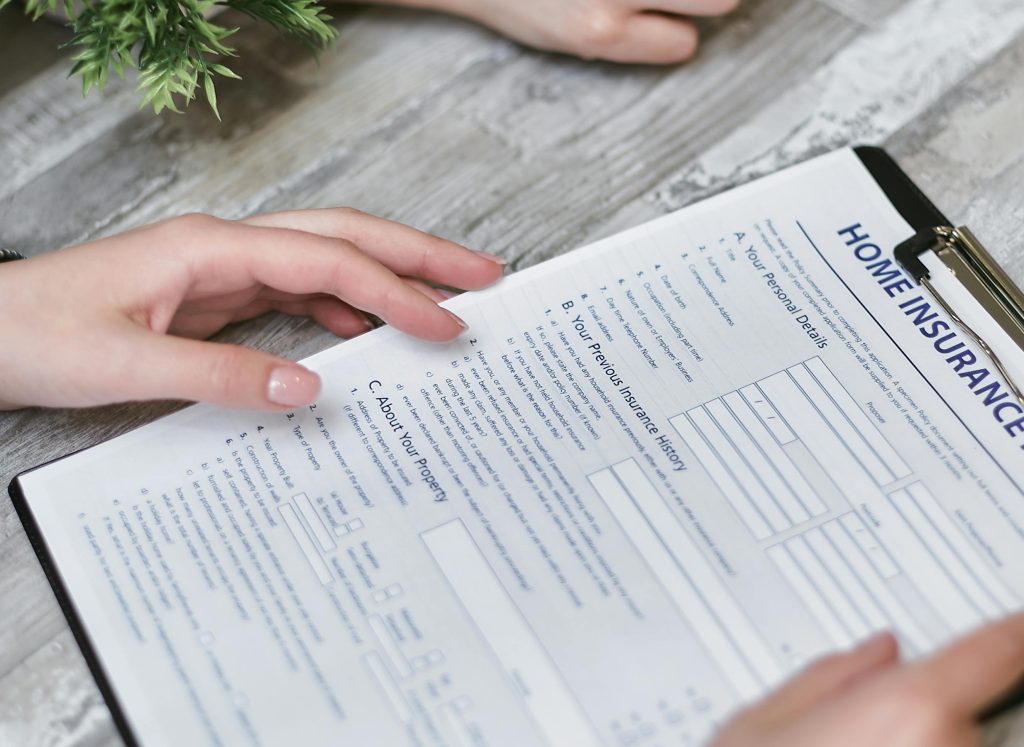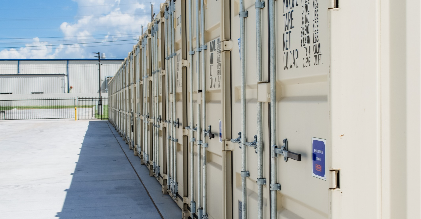Does Homeowners Insurance Cover the Contents of a Storage Unit?
You’ve got a little extra stuff in your house or garage and you’d really like to clear up some space for other things. Great! That’s what My Storage Box is here for: we offer some of the most secure personal property storage on the market. Our storage facility was designed from the ground up to be safe, secure, and easy to access.
But sometimes, stuff happens. And that is exactly why storage unit property insurance exists. Self storage facilities are not liable for insuring your goods, so you need to conduct due diligence and select the best insurance for your needs. You’d hate to be wrong that one time and not have coverage when you need it.
Insurance Coverage for Storage Unit Contents
Alright, so there is some confusion about who is responsible for the belongings in self-storage, so let’s break it down.
In storing storage units the insurance cover of possessions can typically be provided through an “on-site personal property protection plan”. Typical covered risk includes fire, blazes, thefts or vandalism, said the Insurance Information Institute (III). Check out your policy and see the risk categories that are covered.
Insured property coverage limits how much money a policyholder may pay to repair the damage caused by their property. The maximum personal property insurance limits are up to 50%, says NAIC.

Do storage locations require insurance?
Most storage facilities require that your items be insured. The choice between companies is different, but it generally boils back to these choices: storage unit insurance or your current insurance.
You’ll have to conduct due diligence to figure out which one is the best option for you. If you are a homeowner, you need to ask your agent specifically what is covered in terms of off-site protection. Many policies offer up to ten percent coverage of the total policy for off-site materials.
Also, you’ll have to check whether or not your storage location requires insurance. There is legal liability on both sides of this relationship because physical damage does occasionally happen to personal property in self-storage facilities.
Things to Consider Before Getting Insurance for a Storage Facility
The first thing you need to check on is the amount of coverage you already have. That ten percent of the total value that might be included in your current coverage might not be nearly enough for what you have stored. It’s probably just fine for mattresses and dressers with boxes of clothes thrown in, but what if you have a collection of valuable and rare items?
Say you store collectible firearms, where a single firearm can easily be in the high hundreds but more likely thousands to even tens of thousands per gun. Motorcycles are another item, and you need to check into them and see if your motorcycle coverage covers a motorcycle in storage somewhere besides your house.
Guitars and other musical instruments are another good example of items that can quickly outpace the coverage in most insurance policies. This isn’t saying that they aren’t; if you have added them specifically, you might be good. But again, check with your agent.

Insurance Specific to Items in Storage
Since people keep all kinds of things in storage, you need to check into what coverages you already have in place for them.
For instance, if you are keeping household goods in there, but also have a motorcycle to keep in storage, see if your self storage insurance covers both or if the motorcycle coverage extends to bikes in storage, and your homeowner or renter insurance covers the rest.
In other words, check to see if your combined insurance coverages will cover all of the items in storage. Again, talk to your insurance provider to get the whole rundown.
Insurance coverage for storage unit contents
We want to make this very clear: the storage facility and storage facilities do not hold the legal liability for the contents of a tenant’s storage unit. Storage facilities carry their own insurance as a liability from tenants.
It is always up to you to read the self storage facility rules and coverages so you are fully aware of who is responsible for what. This is one instance where claiming ignorance is not a good strategy; legal liability will be placed somewhere and it will be on you for the personal property in your self storage.
Final Thoughts
Your personal property is important to you, so choosing self storage facilities is an important decision. Stored goods are generally very safe in self storage but there is always liability in storing anything. There is the chance of water damage, theft, or other catastrophic event that can occur. It isn’t likely, but it does happen.
It is the responsibility of the tenant to secure insurance for their belongings, while it is the responsibility of the business to insure the building and premises. So make sure your coverage is where it needs to be before putting your possessions in self storage, just in case.
